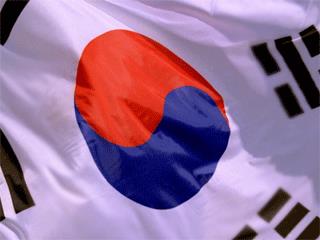South Korea’s response to confirmation that the North torpedoed a Southern naval vessel in March seems proportionate, merited and economically minor — sanctions will hit an annual trade of only $286 million, about 0.3 percent of South Korea’s GDP. The effect on the already impoverished Northerners may even be mitigated by China, Pyongyang’s traditional ally.
In more settled economic times, markets could probably absorb this increase in Korean tension without too much difficulty. Everyone knows North Korea is dangerously unpredictable. Investors usually respond to provocative actions with only a brief flurry of worry. They sometimes even interpret aggression as desperation, and dream of potential gains from eventual Korean unification.
This time could be different. As of Tuesday, the Korean stock market had dropped 8 percent since the official report on the sinking, and the won had fallen by a similar proportion against the dollar. Investors may be thinking South Korean companies will face higher capital costs or that military expense will hold back the country’s growth. Or they may just be blindly shunning geopolitical risk.
The fear is likely to be exaggerated. An all-out war can probably be avoided, even if North Korea’s announcement of a freeze in relations leads to direct military confrontations. What’s more, while the Korean economy is bigger than Greece’s, it accounts for only 1.5 percent of global GDP. The euro zone contributes 22 percent.
The political forces which threaten the Koreas are completely different from those that are shaking confidence in the euro zone. But there is one unfortunate similarity. Until a few months ago, the governments, which had responded so powerfully to the financial crisis, were a comfort to markets. But weak and wild policies around the globe are undermining that conviction.
Korea embargo adds to market’s political fear
Investors rarely like wars or rumors of war. But for global markets, the renewed military tension on the Korean peninsula comes at a particularly sensitive time. The threat to this big economy — S. Korea’s GDP is 4 times larger than Greece’s — adds to the impression of a world out of control.


The political forces which threaten the Koreas are completely different from those that are shaking confidence in the euro zone. But there is one unfortunate similarity. Until a few months ago, the governments, which had responded so powerfully to the financial crisis, were a comfort to markets.



 By: N. Peter Kramer
By: N. Peter Kramer
